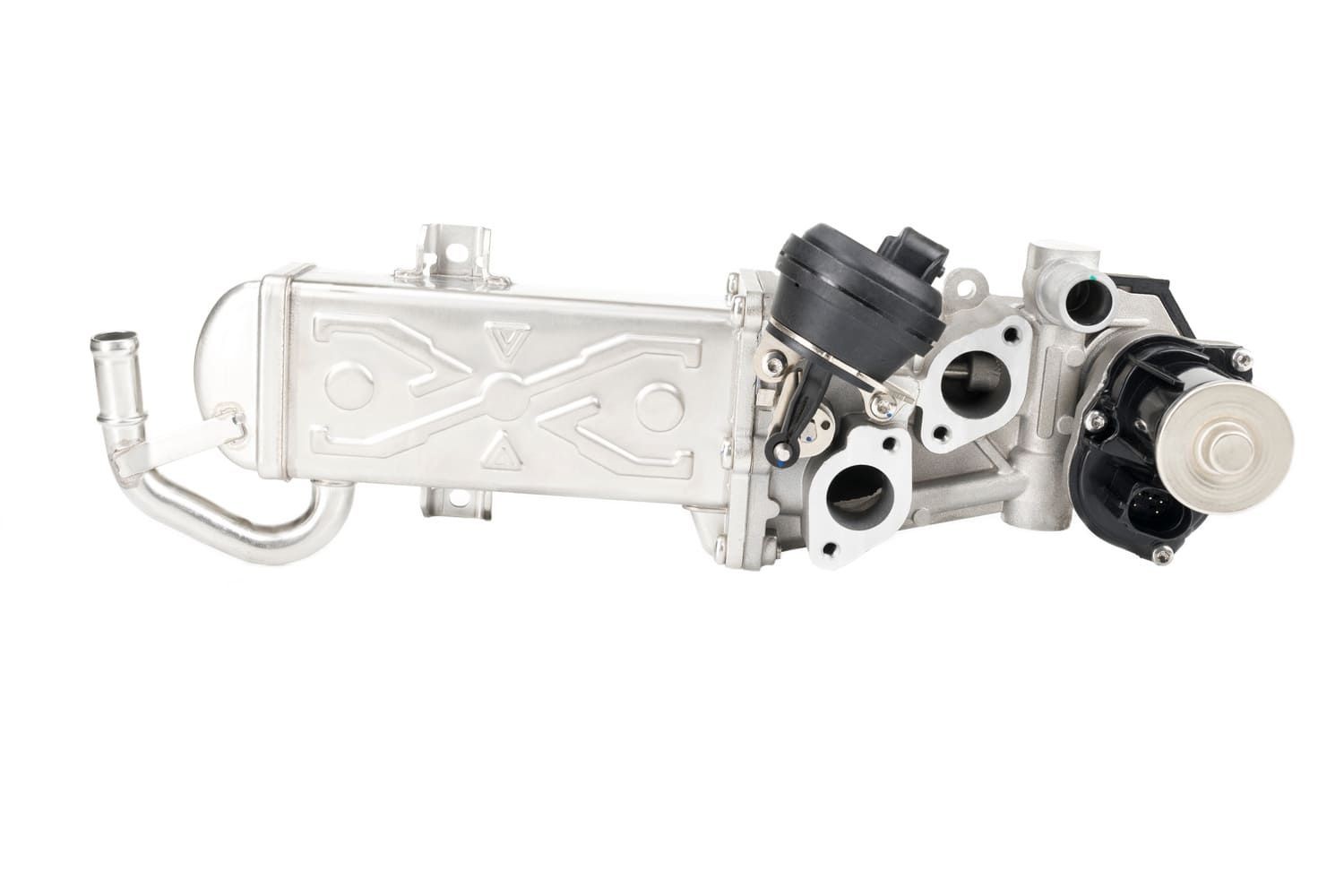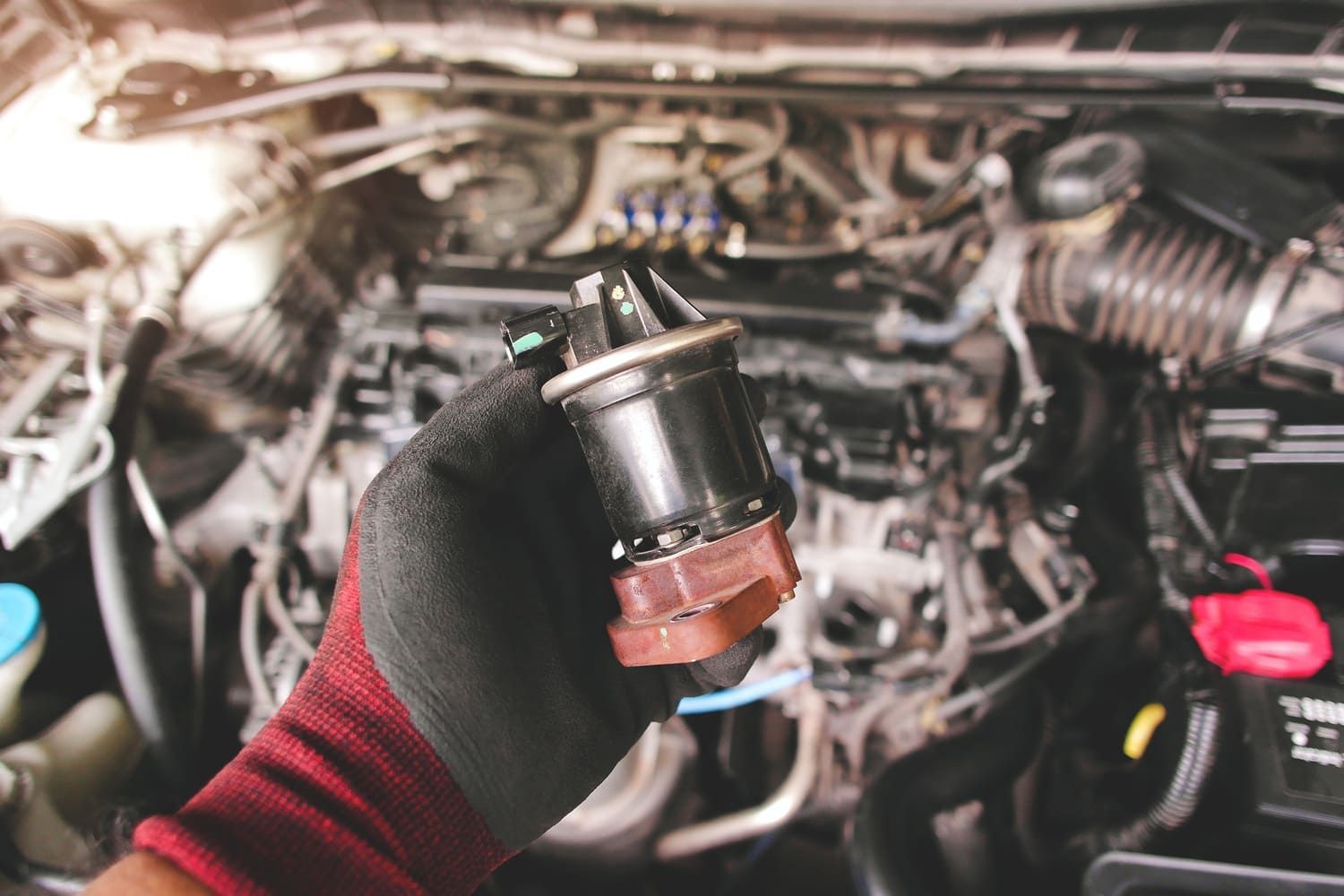Replacing a faulty Exhaust Gas Recirculation (EGR) valve is a common car repair. But how much does it cost to change an EGR valve? This guide breaks down the average costs, factors influencing price, and signs your EGR valve needs attention.
EGR Valve Replacement Cost Breakdown
In the UK, replacing an EGR valve typically costs between £250 and £275. However, this is just an average. The actual cost can fluctuate significantly based on several factors. It’s crucial to research the specific part for your car make and model for a more accurate estimate.
EGR Valve Replacement Cost by Car Make
While averages provide a starting point, the cost to change an EGR valve varies between car manufacturers. Here’s a general price range for popular car makes in the UK:
| Car Make | EGR Replacement Cost |
|---|---|
| Audi | £280 to £500 |
| BMW | £250 to £400 |
| Ford | £180 to £250 |
| Hyundai | £300 to £450 |
| Mercedes | £200 to £280 |
| Nissan | £250 to £350 |
| Toyota | £300 to £400 |
| Volkswagen | £200 to £280 |


Remember, these figures are estimates and can vary. Always get a quote from a qualified mechanic for your specific vehicle.
EGR Valve Replacement Cost by Location
Geographic location also impacts labor costs. Here are estimated EGR valve replacement costs for some major UK cities:
| Location | Average EGR Cost |
|---|---|
| Birmingham | £390 |
| Bristol | £420 |
| Glasgow | £400 |
| Liverpool | £340 |
| London | £420 |
| Manchester | £400 |
What is an EGR Valve and Why is it Important?
The EGR valve is a critical component in your vehicle’s emission control system. It recirculates a portion of exhaust gases back into the engine’s intake manifold. This process reduces combustion temperatures, lowering nitrogen oxide (NOx) emissions, a harmful pollutant.
Factors Affecting EGR Valve Replacement Costs
Several factors contribute to the overall cost of replacing an EGR valve:
- Car Make and Model: Different vehicles require specific EGR valves, varying in design and cost. Luxury or high-performance cars often have more expensive parts.
- EGR System Complexity: More complex EGR systems require more labor time for replacement, increasing the overall cost.
- Location: Labor rates differ geographically, with higher costs typically found in urban areas.
- OEM vs. Aftermarket Parts: Original Equipment Manufacturer (OEM) parts are generally more expensive than aftermarket alternatives. However, OEM parts are designed specifically for your vehicle and often come with warranties.
Signs of a Failing EGR Valve
Recognizing the symptoms of a bad EGR valve can help you address the issue promptly:
- Poor Engine Performance: Rough idling, stalling, and reduced power can indicate a faulty EGR valve.
- Increased Emissions and Fuel Consumption: A malfunctioning EGR valve negatively impacts fuel efficiency and increases harmful emissions.
- Check Engine Light: This warning light often signals an EGR valve problem; a diagnostic scan can confirm the issue.
- Engine Knocking: A faulty EGR valve can contribute to engine knocking or pinging sounds.
- Failed Emissions Test: High levels of pollutants in an emissions test can point towards a bad EGR valve.
Driving with a Bad EGR Valve: Is It Possible?
While driving with a faulty EGR valve might be possible, it’s not recommended. It can lead to:
- Reduced Fuel Efficiency and Increased Emissions: A malfunctioning EGR valve disrupts the combustion process, leading to wasted fuel and higher pollutant output.
- Potential Engine Damage: Continued driving with a bad EGR valve can cause further damage to the engine and other components, resulting in more extensive repairs down the line.
Will a Car Pass MOT with a Faulty EGR Valve?
No, a car with a faulty EGR valve is likely to fail its MOT test due to increased emissions. The EGR valve plays a vital role in reducing harmful NOx emissions. A malfunctioning valve results in excessive pollution, failing to meet MOT standards.
Maintaining Your EGR Valve
Regular maintenance can extend the lifespan of your EGR valve and prevent costly replacements:
- Regular Engine Maintenance: Routine oil changes and filter replacements help prevent issues with the entire EGR system.
- Inspections and Cleaning: Periodically inspecting and cleaning the EGR valve can prevent buildup and maintain proper function.
- Address Related Problems: Promptly fixing issues with related components, like vacuum hoses and sensors, prevents further damage to the EGR valve.
- Monitor Engine Performance: Be attentive to any changes in engine performance, such as rough idling or decreased fuel efficiency, and have them checked by a mechanic.
Saving Money on EGR Valve Replacement
- DIY Replacement: If you’re mechanically inclined, consider replacing the EGR valve yourself. Consult a repair manual and follow safety precautions.
- Compare Prices: Obtain quotes from multiple repair shops and compare prices for both parts and labor.
- Financing Options: Explore financing options for car repairs to spread out the cost.
- Discounts and Promotions: Look for discounts or promotions offered by repair shops.
- Aftermarket Parts: Consider using aftermarket EGR valves as a potentially more affordable option, ensuring compatibility with your vehicle.
EGR Valve Replacement Time
Replacing an EGR valve typically takes between one and three hours, depending on the vehicle’s make and model and the complexity of the repair.
Conclusion
Understanding the factors influencing EGR valve replacement costs allows you to make informed decisions. Regular maintenance, prompt repairs, and comparing prices are crucial to managing expenses. By recognizing the signs of a failing EGR valve and taking proactive steps, you can keep your car running efficiently and minimize repair costs.
